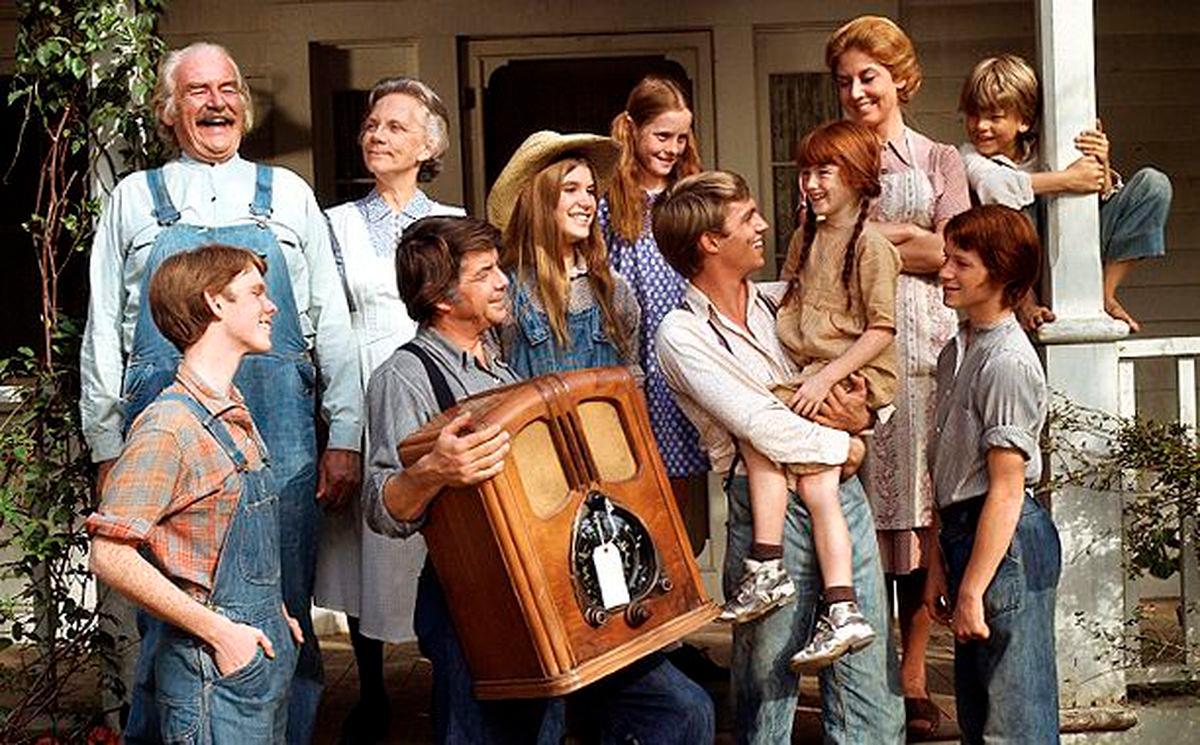RECENTLY, there has been ongoing debate in Malaysia about whether one should identify as Malay first and then Malaysian.
As I reflected on this issue while flipping through Astro channels in search of a programme that might offer some insights, I stumbled upon the decades-old drama The Waltons.
Aired from 1972 to 1981, The Waltons is an American historical drama series set in rural Western Virginia’s Appalachian Mountains.
The show portrays the struggles of a family living through the economic hardships and mass unemployment of the Great Depression in the 1930s, followed by the wartime challenges of World War II in the early 1940s, during Hitler’s rise to power.
The Walton family, though poor, were hardworking, generous and hospitable, with Christian virtues, offering an insightful perspective on life and identity that transcends narrow tribalistic views.
One episode that particularly caught my attention focused on a Jewish family who had fled Berlin in Germany to escape Nazi persecution and betrayal by close friends and neighbours.
They relocated to the mountainous region where the Walton family resides. The Jewish family, led by a university professor, had lost trust in humanity after enduring intense bigotry in Germany.
Fearing similar hostility in America, the professor decides not to identify as Jewish. He decides not to participate in Jewish festivals and rituals, causing unhappiness for his wife and son, who eventually confide in the Waltons family.
The Waltons family tries to reach out to this family but is rejected by the professor on several occasions.
It takes the Walton family’s grandfather to finally approach the Jewish professor and tell him that one should never hide their identity out of fear of bigotry.
He emphasises that a person should be proud of their culture and upbringing and express it in a positive light.
The professor eventually comes to his senses, and it is a touching moment when the Walton family, though Christian, joins the professor’s family in celebrating the Jewish festivals.
This exchange highlights the shared humanity between the two faiths as they come together to resolve a challenge, fostering a sense of common national identity.
Ultimately, the story shows that one can be both Jewish and a proud patriot of their country, embracing both their faith and their national identity.
The binary approach of choosing either nationality over identity or identity over nationality oversimplifies the complexity of human nature.
A person can be Malay, Chinese or Indian and still proudly embody a national identity as a Malaysian through genuine engagement and mutual respect.
The real issue arises when one is forced to choose between the two – an approach often exploited by opportunistic politicians, particularly in the Malaysian political context, where race and religion are used as tools to gain votes.
It is time we move beyond this flawed narrative and reject the false choice between race and nationality.
Ronald Benjamin
Secretary
Association for Welfare
Community and Dialogue









